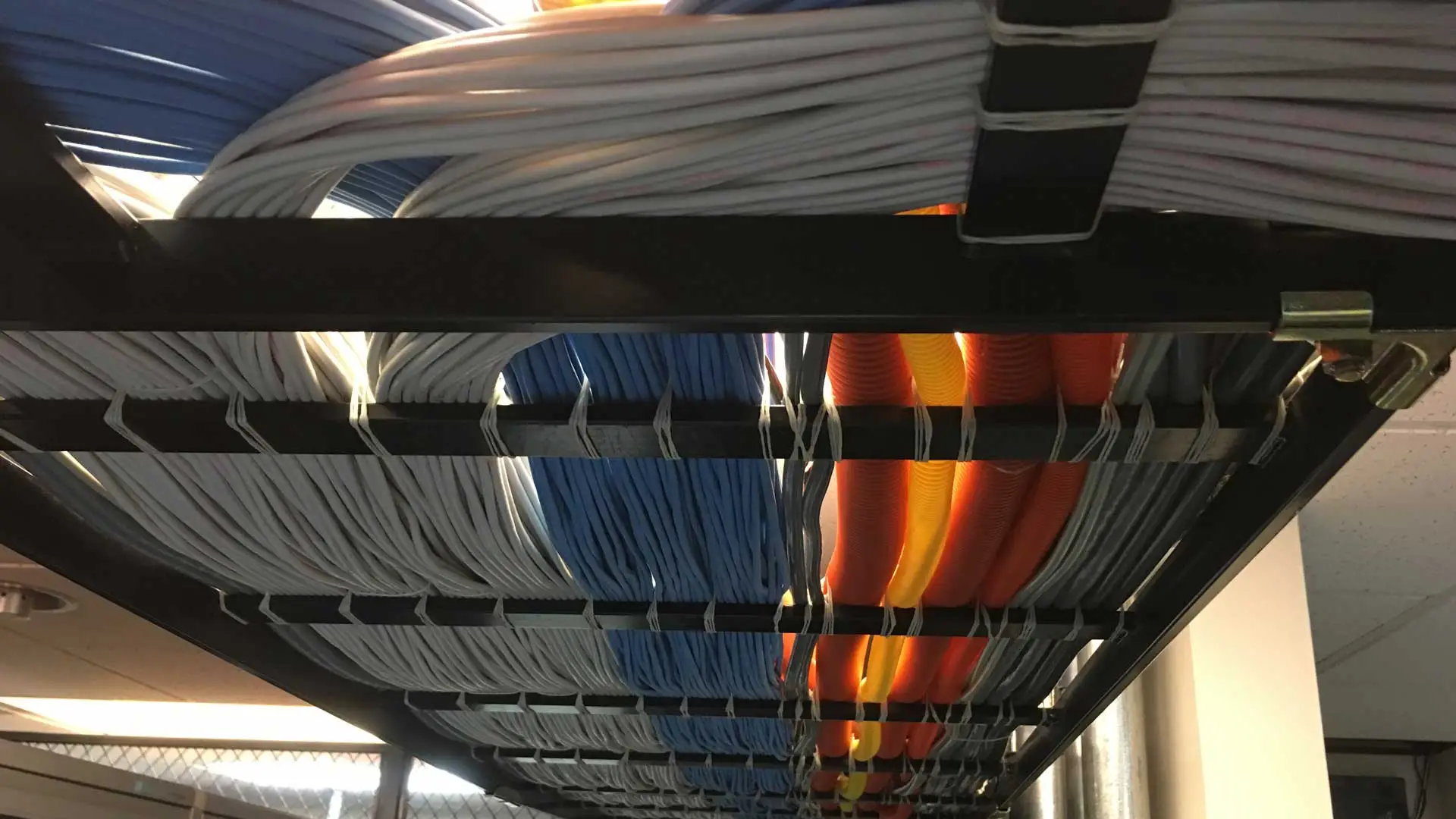
Insight
Check here for information regarding cloud services, colocation, virtual desktop offerings

Check here for information regarding cloud services, colocation, virtual desktop offerings

No matter the size of your business, you still have IT needs that need to be met. Whether you’re a small business keeping track of a few accounts or a large organization with 500 employees, you have to be able to store your data and host that data somewhere.
When you use in-house data hosting and data storage, you end up incurring additional costs such as an IT person, maintaining equipment and backup, and more. Here are some reasons why your business in Orlando, Space Coast, Tampa, and other areas in Florida should consider using the cloud for data hosting and data storage.
When you host and store your data at your business, you use more equipment that has to continually be updated. You also have to have an employee on-site who has the knowledge to effectively manage your company data and hosting. Using the cloud helps to reduce these costs, as you no longer need to update equipment or pay a full-time employee to handle these issues.
When you have a cloud provider, they can set the software to automatically update or manage the update process for you. This means your in-office staff is freed up to focus on other aspects of your day-to-day operations.

The latest business disaster that many businesses did not contemplate was the stay at home order and lock down associated with the pandemic. Many of Colo Solutions’ customers were able to seamlessly transition to their workforce working from home. Some use Colo Solutions’ DaaS services and others collocate their own equipment in Colo Solutions’ data center.
DaaS also known as virtual desk tops or virtual desktop infrastructure (VDI) or remote desk tops has been a great help to businesses during the pandemic. Colo Solutions’ existing DaaS customers were able to easily transition to working from home during the pandemic as the infrastructure provided by Colo Solutions was already in place. Colo Solutions customers that already found the VDI use case beneficial in situations where they had numerous remote offices, or a highly variable work force, among other things, discovered the additional benefit of being able to easily transition to work from home. Perhaps the biggest benefit of DaaS or VDI to a small or medium sized enterprise is the personal support services and management provided by Colo Solutions’ staff to deliver the VDI infrastructure and services and assist with the transition to WFH. Please see our Blog entitled “Physical Desktop vs. Virtual Desktop for Your Business” for a deeper discussion.
Other Colo Solutions...

Considering a switch to virtual desktops or remote desktops involves many factors for a business, including cost, needs of their employees, and computing and storage requirements.
If your business is in Orlando, Space Coast, Tampa, or surrounding areas and is looking into the option of virtual desktop hosting, then here is a comparison between virtual desktops and maintaining on-premise personal computers, servers and related hardware which, for the purposes of this article, we will refer to as “physical desktops”.
More and more businesses are starting to employ remote workers as telecommuting increases in popularity. Around 50 percent of the U.S. population works remotely at some point during the week, according to Forbes. Those remote workers are often accessing company files via their personal computers, meaning your business may not have control over their security at home.
Using a virtual desktop provided by Colo Solutions allows businesses to assert more control over security of their data. Your virtual desktop data is stored at a secure data center and you have the option to set security policies and protocols to prevent the data from being downloaded to anyone's personal device. So, if an employee's laptop is stolen, the data is password protected and your company data is still protected.
Smaller businesses are especially at risk for data...
Almost every business that experiences constant growth over time comes to a point where it needs to scale up its resources to meet demand. And when this happens, your data center company will usually present you with two options: horizontal vs. vertical scaling.
So, now, you’re met with the following dilemma – which one should you go for? No matter if you choose horizontal or vertical, both will allow you to boost the resources you have on your system. However, the two options still differ in other ways, and knowing how they differ can help you choose the ideal one when the time comes.
In this article, we’ll cover both options in great detail so you can understand their differences. Also, it’ll provide you with a comprehensive guide on which option is best at what time and more.
Scalability shows if a system or computer functions properly when faced with changes in size and volume. Let’s explain it further with an example.
Say you have a website. Your website has been growing exponentially, but you’ve been able to handle the increased demand with no need for additional resources up until now. However, the growth has reached a point where it needs to be supported with more RAM, bandwidth, storage, etc.
Suppose you’re able to get more of those resources without any hassle or disruptions in service quality. In that case, your...

As the data needs of companies grow, they should evaluate moving from on-premises computing to off-site data processing for fast, secure access and business continuity. As cloud-based technologies grow and become more reliable, newer options have emerged.
Rather than housing their own IT infrastructure, companies and individuals have the option of choosing traditional colocation services with dedicated servers that house their data at a third-party data center virtual colocation, which involves the storage and compute on a cloud-based system at a remote data center; or a hybrid option using both. All choices come with a set of pros and cons for prospective clients to weigh.
Key considerations are CapEx vs. OpEx and total cost of ownership (TCO). Which is best for you? Well, like a lot of things, the answer is - it depends! Most importantly, it depends on your business needs. Many customers have compliance requirements or unique business propositions and applications that are better served by traditional colocation. Some content providers need to be in carrier-neutral data centers with access to lots of networks for best performance. Other businesses can meet their business needs with less upfront cost and greater scalability through virtual colocation.
In any event, both are provided through data centers that provide improved uptime and business continuity through redundant cooling systems, redundant UPSs, SLAs, back-up generators and security.
